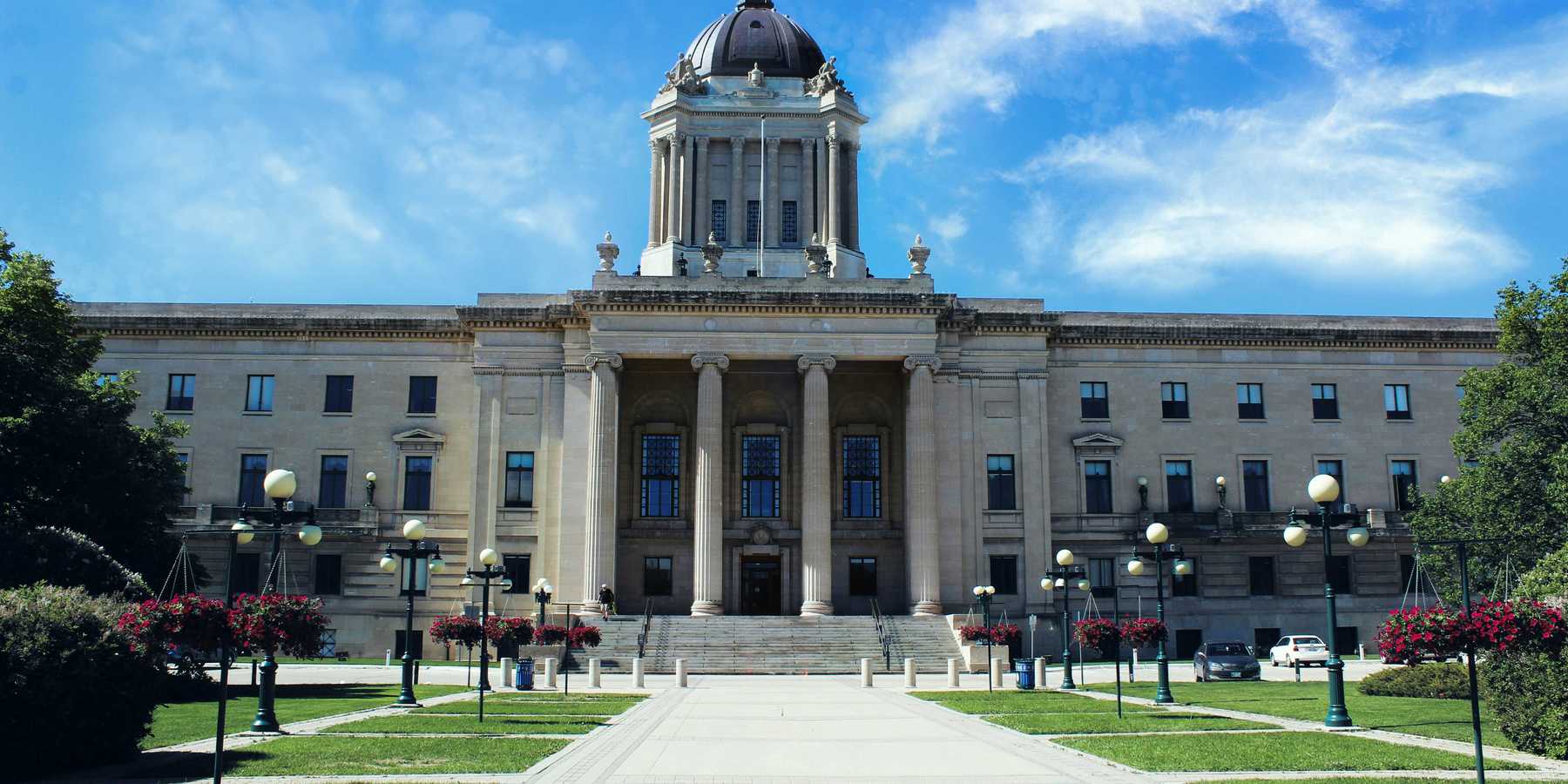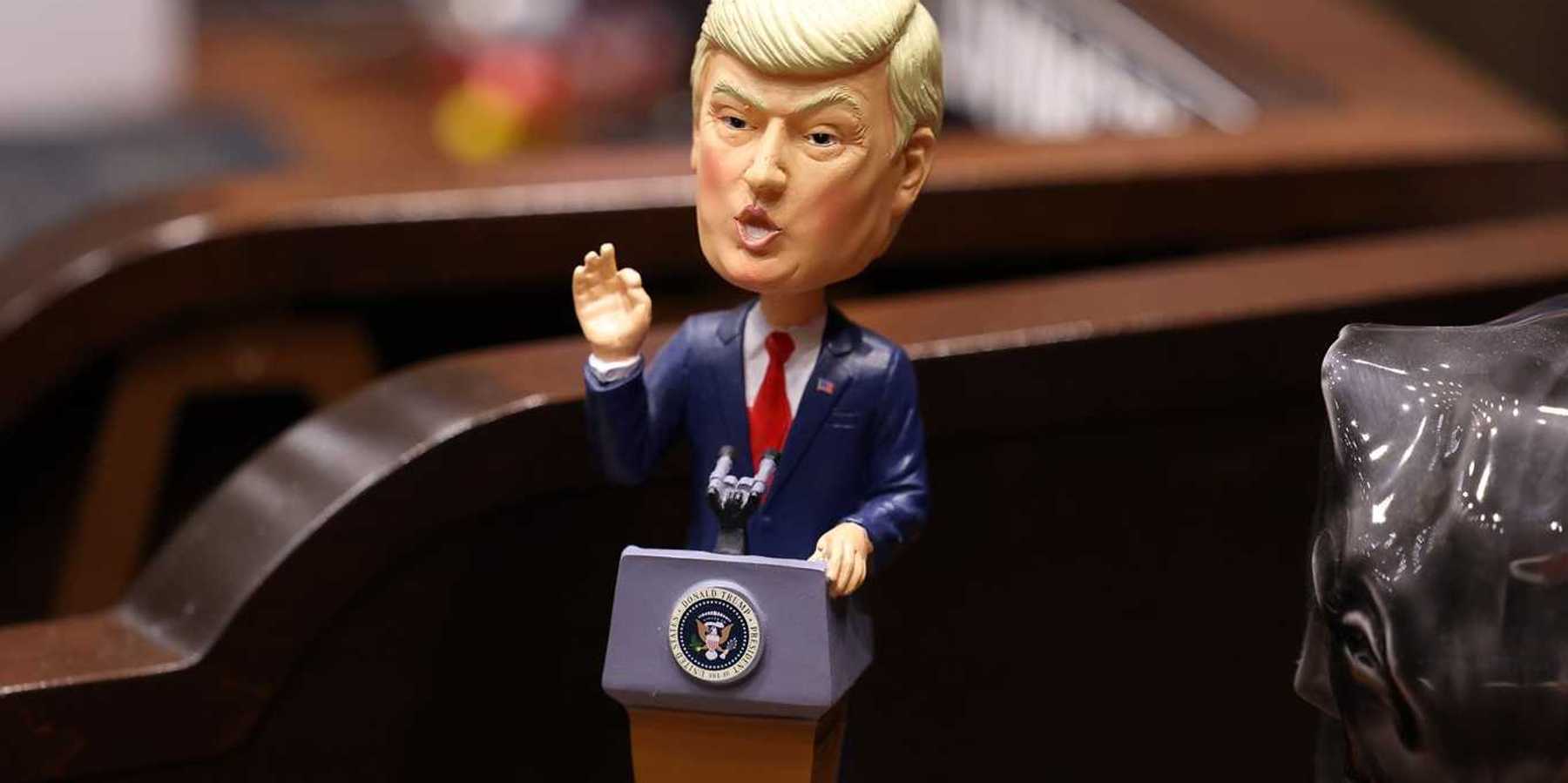Exploring the potential of genetically engineered crops in agriculture and the environment
Researchers argue that genetically engineered crops could significantly reduce carbon emissions, despite widespread skepticism and regulatory challenges.
Shannon Osaka reports for The Washington Post.
In short:
- Golden rice, engineered to combat childhood blindness, faces significant opposition and regulatory barriers in the Philippines.
- Genetically engineered crops like the herbicide-resistant corn reduce the need for land tilling, potentially lowering carbon emissions.
- The public remains divided on GMO safety, influencing market trends and regulatory policies.
Key quote:
“We see GMOs as a tool of the major corporations that already have a stranglehold on our food system.”
— Amanda Starbuck, research director at Food and Water Watch
Why this matters:
Proponents say genetically modified crops offer a dual benefit: enhancing nutritional value and mitigating climate change impacts. Skeptics question the long-term impacts on biodiversity and the possibility of unforeseen consequences in modified crops. Moreover, regulatory frameworks in many countries are rigorous and slow to adapt, often reflecting public wariness and ethical concerns over genetic modifications.
Be sure to read Charles Benbrook’s article on the mistakes made in the approval of the first genetically engineered crops—and what we can learn from them













